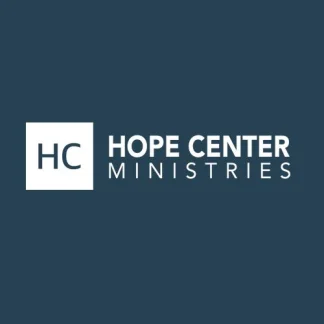Hope Center Ministries - White House Men's Center
Cross Plains, Tennessee, 8013 Mill Rd, 37049
Available Programs
- Adult program
- Program for men
- Young adult program
Insurance and Financial
- Self-pay options
- Monthly : $700
About this Facility
Hope Center Ministries - White House Men’s Center, located in Cross Plains, Tennessee, is a Christian based treatment center for those seeking recovery from alcohol and substance abuse. Services include individual and group counseling, 12 Step meetings, and family support.
Hope Center Ministries – White House Men’s Center provides residential treatment that includes faith based programming and the 12 Steps.
The residential treatment program at Hope Center Ministries – White House Men’s Center is a highly structured treatment program that caters to individuals who need a safe environment to begin their recovery process. This three phase process supports men through a continual transformation over time. Phase one lasts for six weeks and includes the 12 Steps, individual and group counseling, spiritual development, Bible studies, daily reflection, chores, recreation, and family visits. Phase two lasts for 38 weeks and includes all that is within phase one, plus training on real world needs such as life skills and vocational training. Phase three lasts for eight weeks and includes all that is implemented in phases one and two, along with personal phone privileges, personal vehicle privileges, and monetary skills.
Faith based treatment utilizes the spiritual beliefs and teachings of a particular faith to help individuals overcome addiction. Through a connection to their Higher Power, or the God of their religion, overcoming defeating behaviors is thought to become possible. This usually involves daily time spent in prayer, devotion, or reflection to create a deeper connection and the feeling of support through this connection.
The 12 Step program is a common recovery model based on Alcoholics Anonymous (AA). Beginning steps involve admitting powerlessness over the addiction and creating a plan for recovery based in a Higher Power. Middle steps include self examination and making amends to those who’ve been hurt by the addiction. The later steps include continuing to take personal inventory while living a life of recovery and supporting others in doing the same. Additional 12 Step groups include Narcotics Anonymous (NA), Cocaine Anonymous (CA), Dual Recovery Anonymous (DRA), Sex and Love Addicts Anonymous (SLAA) Gamblers Anonymous (GA), to name a few.
Contact us for more information: (866) 396-4673

Contact Hope Center Ministries - White House Men's Center
Connect with Hope Center Ministries - White House Men's Center by calling their admissions team directly.
(866) 396-4673 Website Get Directions